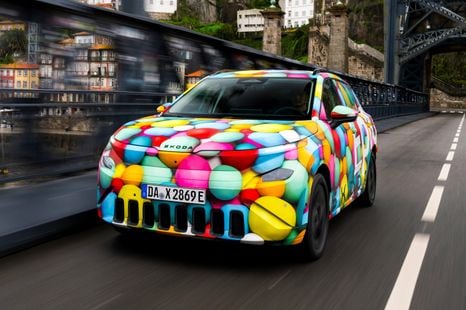

Dave Humphreys
2027 Skoda Epiq review: Quick drive
9 Hours Ago

Senior Contributor
Leather has long been considered a luxurious appointment for car interior materials, but in recent times there’s been something of a push towards more “sustainable” approaches to trim choices in cars.
Some car brands have been marketing fake leather, or leather-like vinyl trim options, as “vegan” leather in a push to appeal to those who might feel as though their car should do its bit for the environment or climate change, or maybe just because the customer themselves may not be into eating meat, or supporting the farming of animals to be killed for materials.
However, according to electric car brand Polestar, leather is more sustainable than you might think.
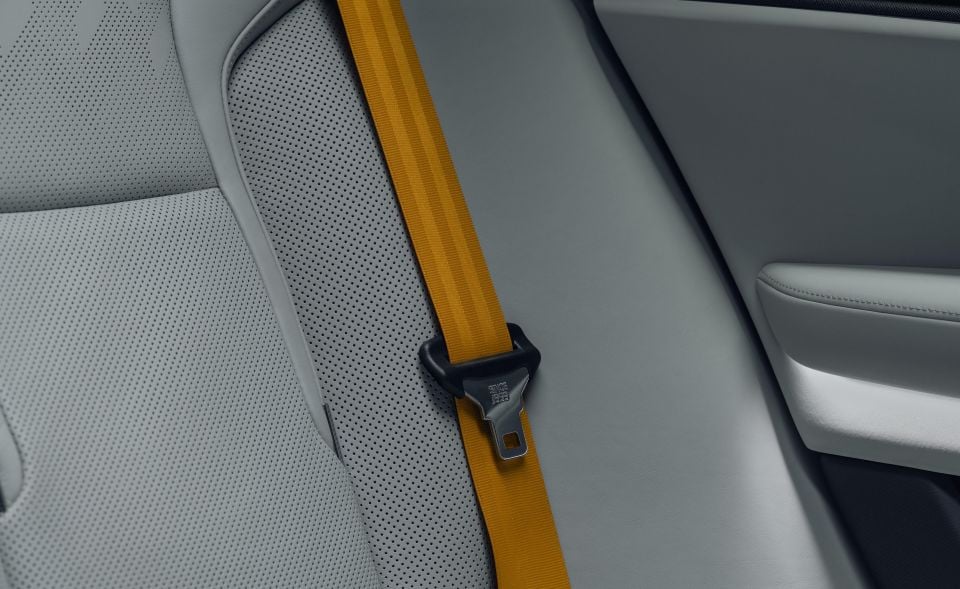
Fredrika Klaren, Polestar head of sustainability, has a better resume than most to speak on this, as she’s spent time working in the European fashion industry, as well as for IKEA – so, with hands-on experience of actual animal-based materials as well as artificial, PVC-based fake leather.
Ms Klaren told Australian media that at this point in time, leather trim is still one of the more sustainable options for car interiors, because it means there’s less reliance on what she calls “toxic” PVC-based synthetic materials.
“[The automotive industry is] keeping leather to a very high degree,” she said. “And I think that is because they know that if you just replace it with synthetics, you’re moving the negative impact to another area. And it can be even worse.
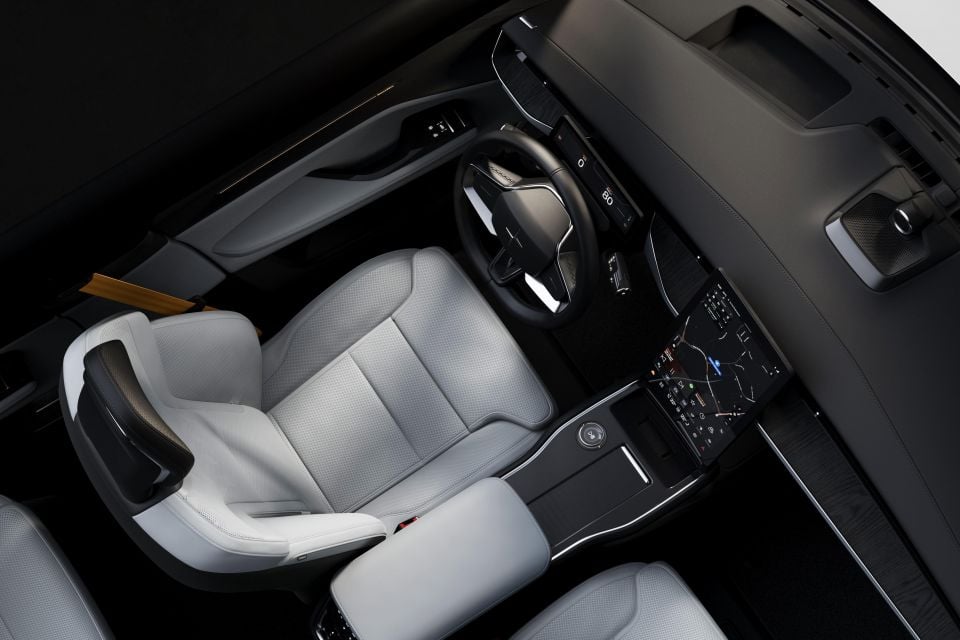
“It all depends on how you source the leather,” said Ms Klaren. “What we chose was to stick with leather because we see that we can’t replace it in a sustainable way. And we see that we can source leather from very conscious and responsible companies like Bridge of Weir, that we use in Polestar 2 and will in Polestar 3.
“But of course we don’t want to contribute to an increased meat production. That’s the important thing here. So we always choose to only buy leather when we see that the value of the leather is less than 1 per cent the value of the full cow,” she said.
“So if you sell your leather, it’s a byproduct to the meat so we want to ensure that it’s a byproduct. And I mean, it’s a byproduct that we have to use. It’s not sustainable to just discard [the leather] – the meat industry will be here, but we of course want to secure that, that we don’t create an increased demand for this,” she said.

Ms Klaren said that alternatives to leather are improving and will continue to do so, too. The Polestar 3, for example, will offer a newer type of alternative to leather called Inovyn, developed by British chemical production company, Ineos. It’s a vinyl made from pine oil instead of PVC, as is typically the case with fake leather trim.
“The big challenge with vegan leathers is that they are reliant on PVC. And PVC is the worst, the worst of the worst. It’s so toxic.
“We need to use PVC materials also, but we don’t want to. If we would go only vegan, we would be so reliant on PVC. What we can do now is that we can really work with improving PVC. So we work with Inovyn now in Polestar 3 to secure that at least we get away from the fossil fuel-based PVC,” she said.
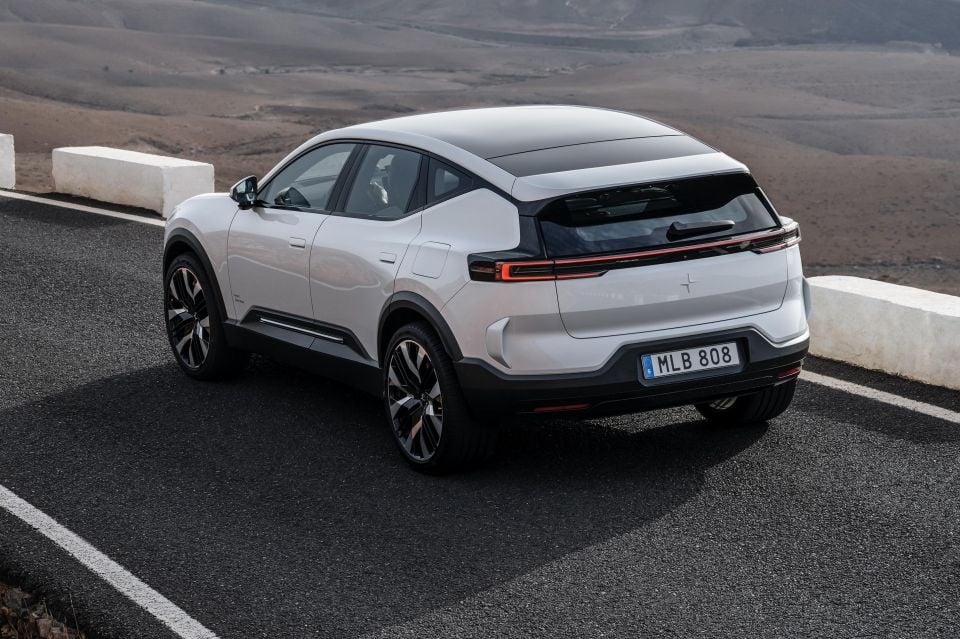
Ms Klaren said there is still work to be done to lessen the environmental impact of materials in cars, and that the brand will continue to strive to find a “positive” material for its future models.
MORE ON THAT: Polestar’s truly climate-neutral car project advances
Go deeper on the cars in our Showroom, compare your options, or see what a great deal looks like with help from our New Car Specialists.
Matt has more than a decade of experience in automotive journalism, and loves exploring the pros and cons of new cars, delving into deep-dive industry stories, and going for a drive just for the fun of it.


Dave Humphreys
9 Hours Ago

Damion Smy
10 Hours Ago
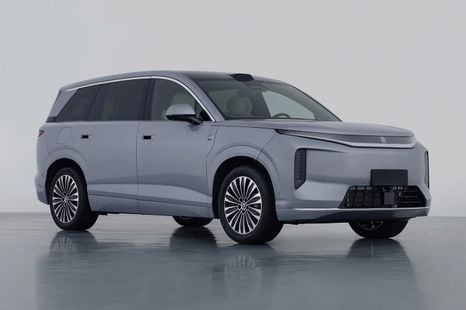

William Stopford
11 Hours Ago


CarExpert
12 Hours Ago
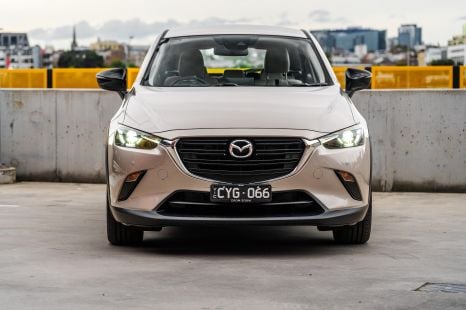

William Stopford
12 Hours Ago


Damion Smy
13 Hours Ago
Add CarExpert as a Preferred Source on Google so your search results prioritise writing by actual experts, not AI.